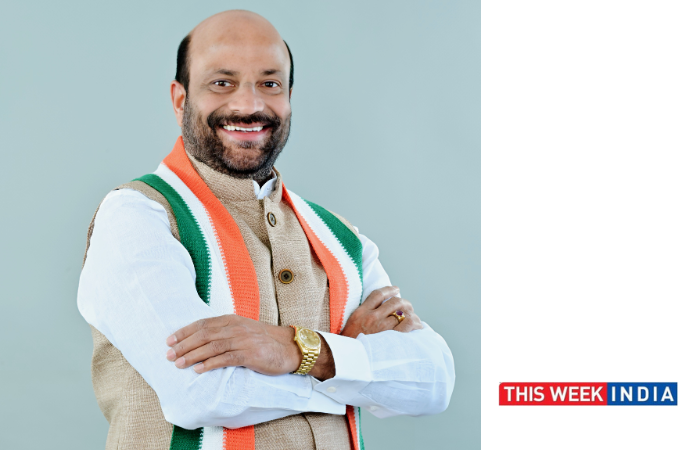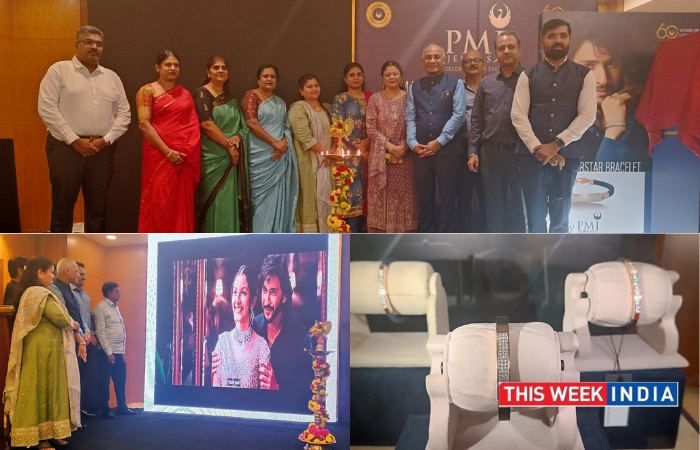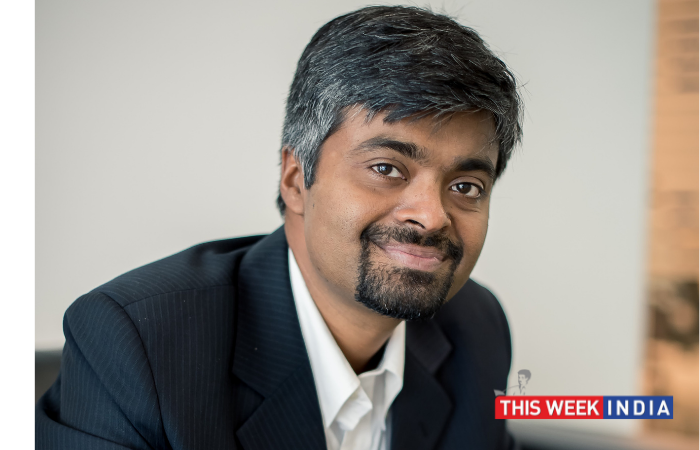Bengaluru, India – February 23, 2025 – The Comprehensive Infertility Conclave (CIC) 2025 concluded with a strong call for increased awareness and early intervention in addressing India’s growing infertility concerns. Experts highlighted the rising prevalence of infertility, particularly in urban centers like Bengaluru, and emphasized the importance of a holistic, patient-centered approach to care.
The conclave, organized by the Global Health Academy and attended by over 300 gynecologists, focused on the latest advancements in reproductive medicine, the impact of lifestyle on fertility, and the need to destigmatize the issue. Managing Director of Global Healthcare Academy, Anitha Niranjan, stated that CIC 2025 aimed to provide new insights and solutions for infertility management by integrating medical advancements with patient-centered care.
Dr. Praveen Joshi, Organizing Chairman of CIC 2025, noted the increasing trend of infertility in urban areas, with male factors contributing to 40-50% of cases. He cited factors such as low sperm count, poor motility, hormonal imbalances, lifestyle habits, and rising pollution levels as contributing factors.
Dr. Meghana Nyapathi presented data from the National Family Health Survey-5 (NFHS-5) and the District Level Household and Facility Survey (DLHS) highlighting the prevalence of infertility among women in India, with varying rates across regions. She stressed the need for improved reproductive healthcare for women.
Chief Guest, Dr. B. S. Ajaikumar, Executive Chairman of HealthCare Global Enterprises Ltd, emphasized the importance of breaking societal taboos surrounding infertility and encouraging men to seek timely medical evaluations. Dr. Nyapathi echoed this sentiment, urging couples to undergo medical evaluations together, emphasizing that infertility is a shared concern.
Experts highlighted the range of available treatment options, from lifestyle modifications and medications to assisted reproductive technologies (ART) like IUI, IVF, and ICSI, as well as advanced techniques like micro-TESE and sperm DNA fragmentation testing.
Dr. Joshi stressed the need for public awareness campaigns to address misconceptions surrounding infertility. Dr. Anjali Ajai Kumar, Executive Director at HealthCare Global Enterprises Ltd, emphasized the importance of a comprehensive approach, including early diagnosis, lifestyle modifications, and access to cutting-edge treatments. She added that encouraging open discussions about reproductive health and making fertility screenings more accessible can help couples seek timely intervention.
CIC 2025 served as a crucial platform for medical professionals to discuss best practices and foster a more informed and supportive approach to fertility care in India, addressing the rising rates of infertility with a focus on early diagnosis and comprehensive care.









